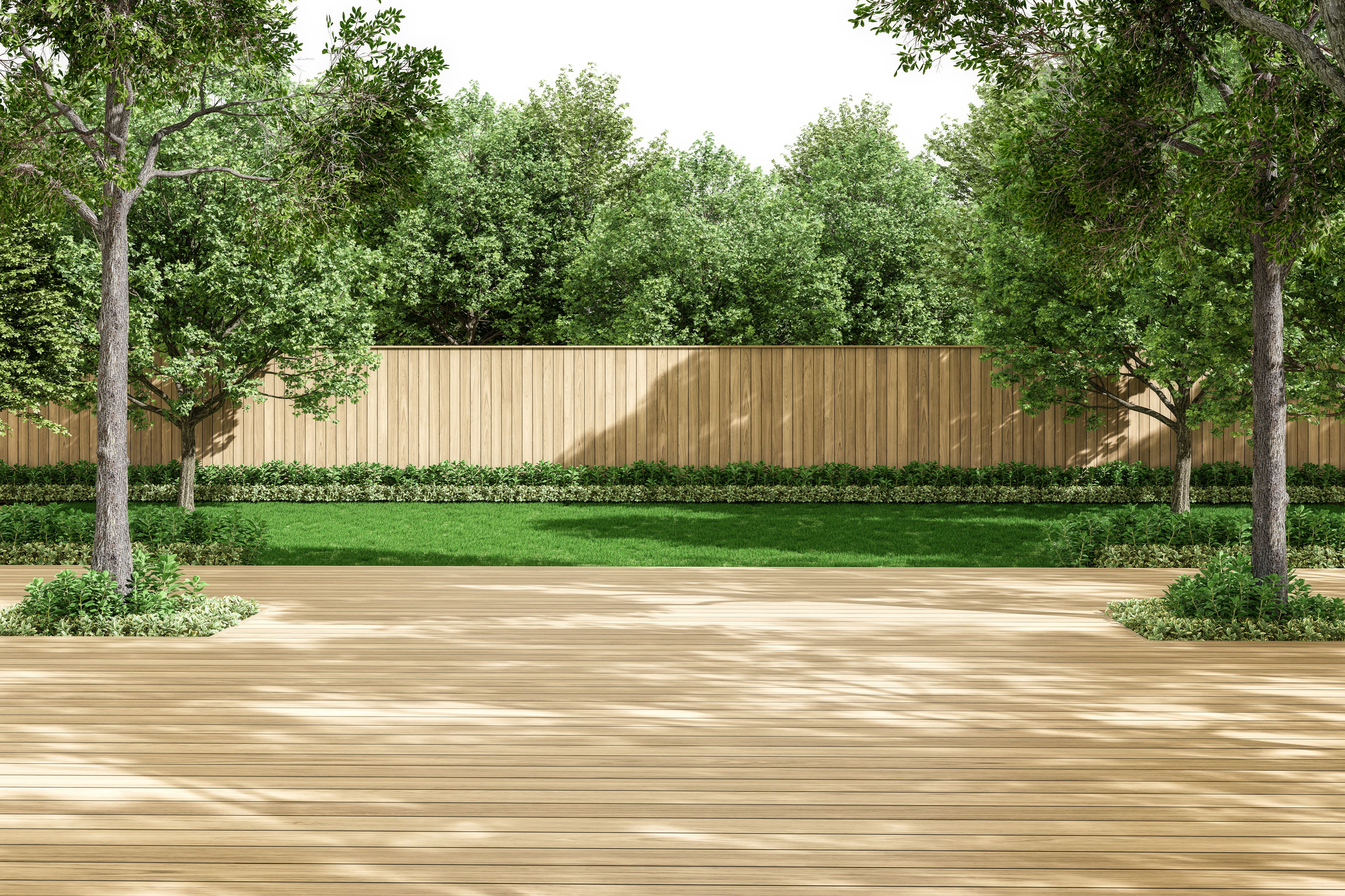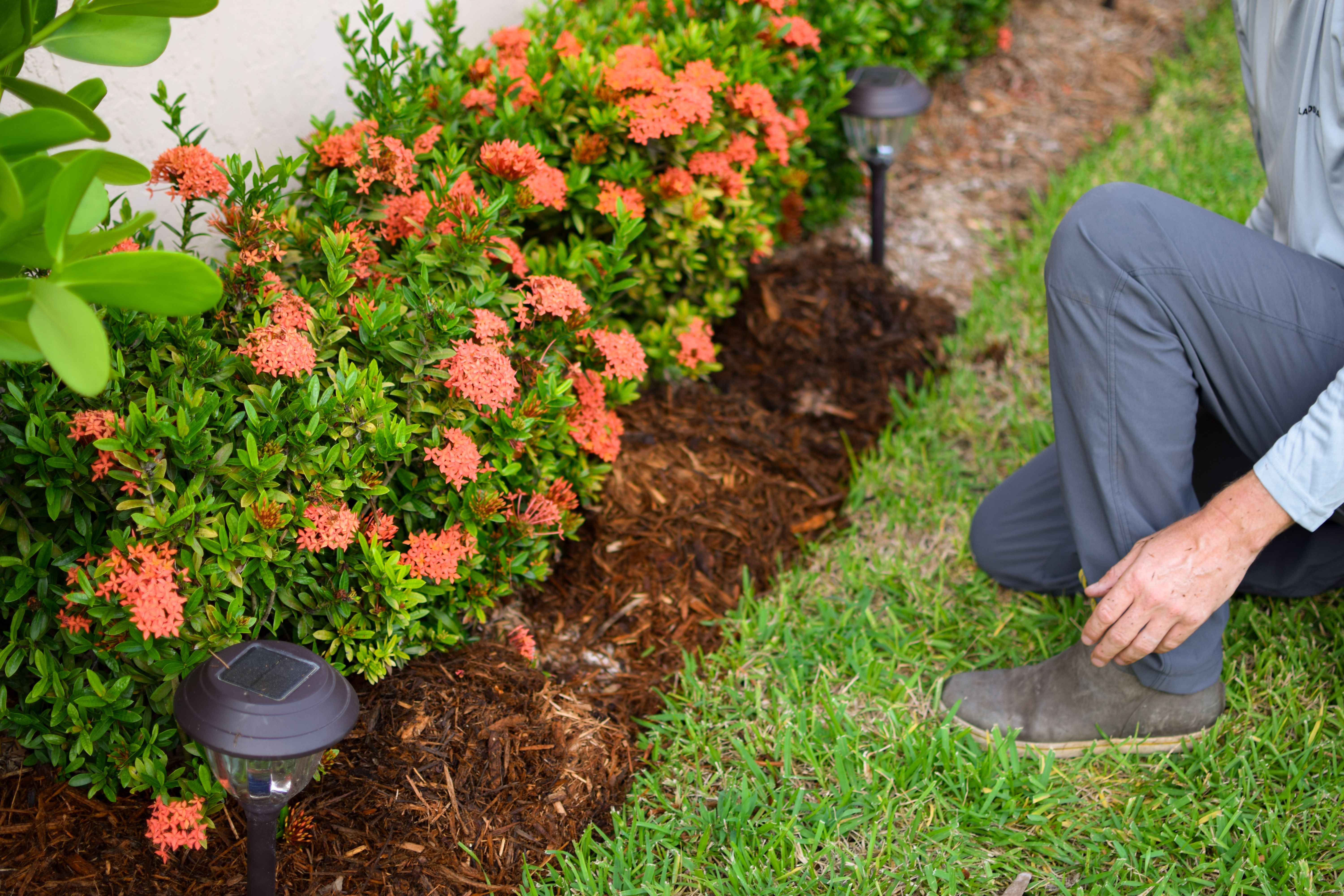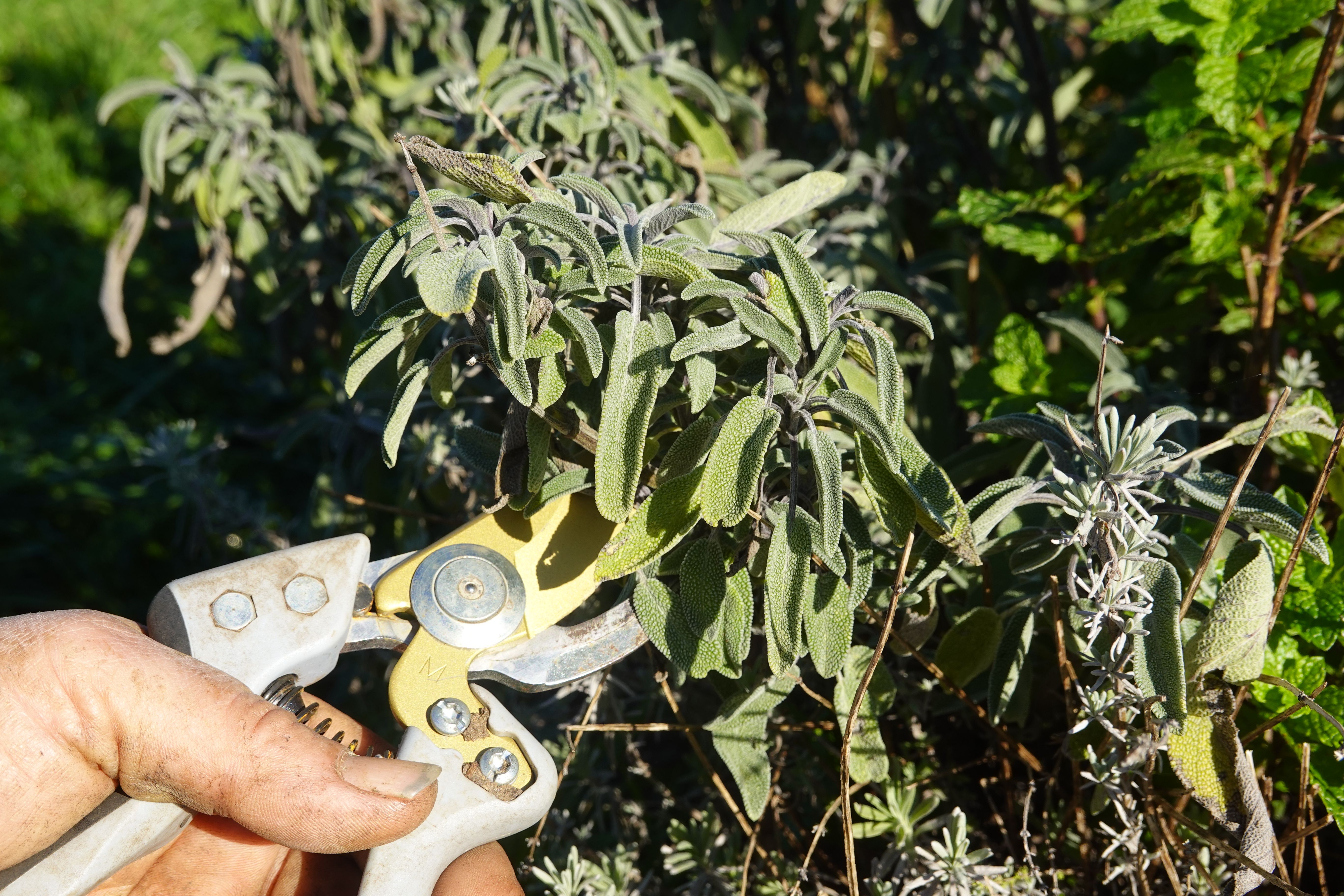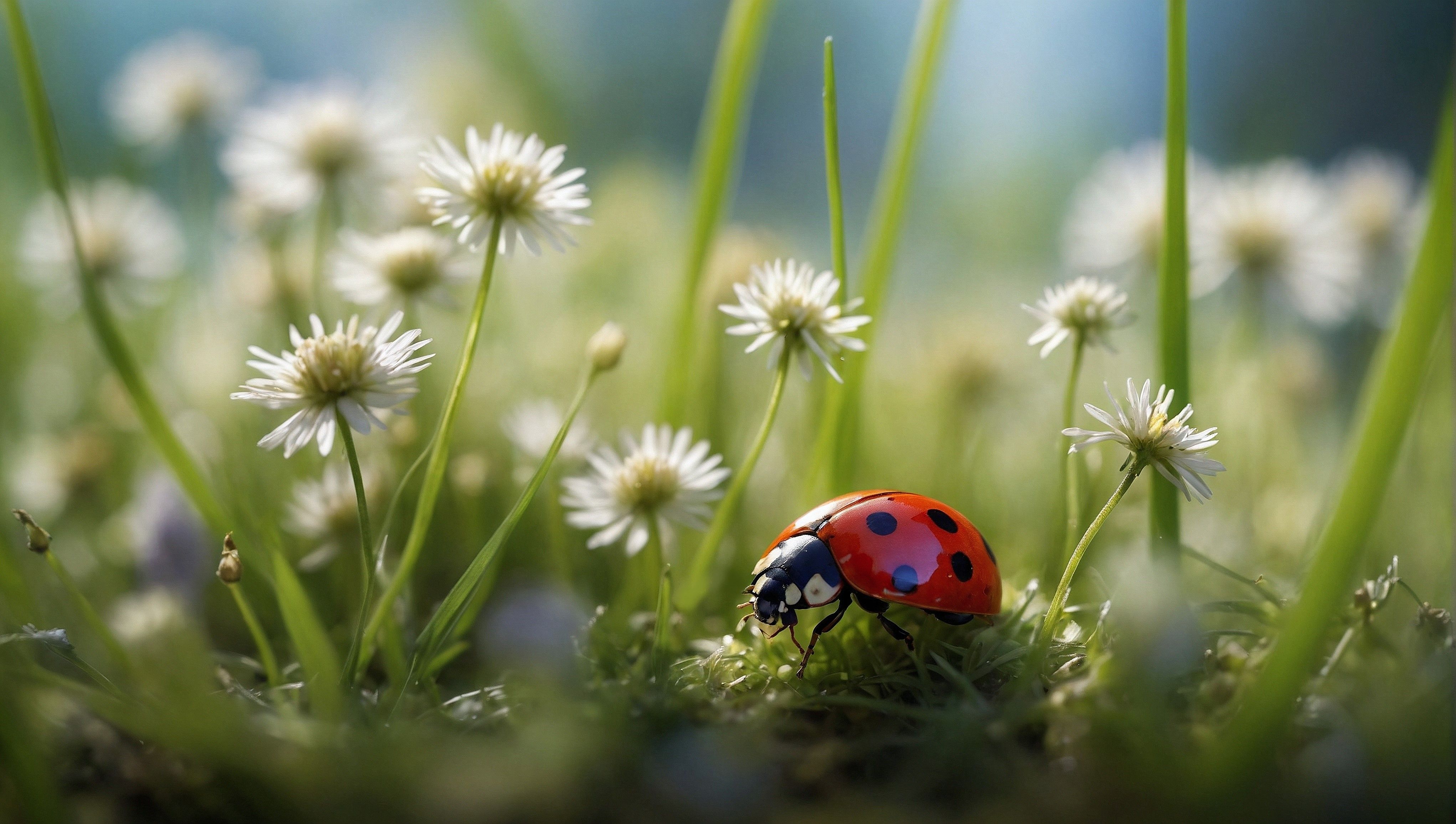Understanding Your Garden's Needs
Every garden is unique, requiring a tailored approach to maintenance. Understanding the specific needs of your plants is crucial. Factors like climate, soil type, and plant species play significant roles in determining the care your garden requires. Observing how your plants respond to different conditions can guide you in creating an effective maintenance routine.

Regular Watering Practices
Water is essential for plant health, but the frequency and amount depend on various factors. Most gardens thrive with deep, infrequent watering rather than shallow, frequent splashes. This encourages roots to grow deeper into the soil, making them more resilient during dry spells. Consider installing a drip irrigation system to ensure consistent moisture levels without overwatering.
It's also important to water during cooler parts of the day, such as early morning or late afternoon. This practice minimizes evaporation and allows plants to absorb moisture more effectively.
Using Mulch to Conserve Moisture
Mulch is a gardener's best friend when it comes to conserving moisture. A layer of mulch around your plants helps retain soil moisture, suppress weeds, and regulate soil temperature. Organic mulches like straw, wood chips, or shredded leaves also improve soil fertility as they decompose.

Pruning for Plant Health
Regular pruning is vital for maintaining plant health and encouraging growth. By removing dead or diseased branches, you can prevent the spread of pests and diseases. Additionally, pruning helps shape plants and allows for better air circulation and sunlight penetration, promoting overall garden health.
Timing Is Everything
Pruning at the right time can make a significant difference. For most flowering plants, it's best to prune after they bloom. For fruit trees, late winter or early spring is ideal before new growth begins. Always use sharp tools to make clean cuts, reducing stress on plants.

Soil Health and Fertilization
The foundation of a thriving garden is healthy soil. Regularly testing your soil's pH and nutrient levels can help you determine if any amendments are needed. Adding organic matter like compost can significantly improve soil structure and fertility.
Fertilization should be done judiciously. Over-fertilizing can harm plants and disrupt the natural balance of the soil. It’s best to use slow-release fertilizers that provide nutrients over time, supporting steady plant growth.
Embrace Natural Pest Control
Pests can be a gardener's nightmare, but resorting to chemical pesticides isn't always necessary. Encouraging beneficial insects like ladybugs or installing birdhouses can help keep pest populations under control naturally. Companion planting is another effective strategy, where certain plants deter pests when grown together.

Consistent Weeding
Weeds compete with your plants for nutrients, water, and sunlight. Regular weeding is essential to maintain a healthy garden. Hand-pulling weeds or using a hoe can be effective methods. It's best to tackle weeds early before they have a chance to seed and spread further.
Incorporating these essential tips into your gardening routine can lead to a healthier and more vibrant garden. By understanding the unique needs of your garden and addressing them consistently, you can ensure it thrives throughout the seasons.
